During the urban riots in the summer of 2023, French President Emmanuel Macron briefly raised the idea of blocking social media considered to spread unrest. He backed down to avoid taking “measures that are too harsh and that we may regret later,” according to Jean-Noël Barrot, minister for digital transition at the time.
Unfortunately, this caution did not prevail at the start of the violence that gripped New Caledonia from May 13 onwards. In deciding to abruptly block the TikTok platform, without the slightest consultation with it, the French authorities took a decision facilitated by two factors specific to New Caledonia: the existence of a single operator, and its status as an overseas country and territory that is not integrated but only associated with the European Union.
This is not to minimize the challenge of restoring calm to the archipelago, which must go hand in hand with the re-establishment of a stalled political dialogue. Nor is it to deny any potential impact of this network on public order, but it is to put the measure and its effects into perspective. Because of its global success and Chinese ownership, TikTok is the focus of widespread suspicion. But, in New Caledonia’s case, the accusation that it has enabled destabilization operations orchestrated by foreign powers has not been substantiated.
In terms of image, the radical and unprecedented decision by the French authorities has rightly exposed them to severe criticism, that of copying countries that have as little regard for freedom of expression, including on the internet, as they do for human rights in general, whether China, Iran or Turkey – counter-examples regularly criticized by the Ministry of Foreign Affairs. In the specific case of TikTok, France finds itself in the company of Afghanistan, India and Somalia.
As the declaration of a state of emergency only allows a social media network to be blocked in the event of a planned terrorist act or apology for terrorism, the government had to rely on the principle of “exceptional circumstances,” which refers to a Conseil d’Etat ruling dating back to 1918, to silence the platform. This “superposition of exceptional regimes” has been condemned by lawyers acting for rights organizations, including the French League for Human Rights, who failed to get an urgent suspension of the blocking before the Conseil d’Etat on May 23, pending a decision on the merits by the same body.
The central question of the proportionality of the government’s measure remains to be decided. The government justified the measure by insisting on its temporary nature and, more curiously, on the fact that it could be circumvented (through the use of a VPN). It also highlighted that the block did not concern other social media, which are also likely to inflame tensions. In the absence of more convincing arguments, it is just possible to note that a precedent has been set. And to regret this departure from the subtle balance guaranteeing an “open, free and safe” internet, which is the basis of the Christchurch Call To Action, signed in 2019 by France and New Zealand, in close proximity to New Caledonia.
文章来源:lemonde


TKFFF公众号
扫码关注领【TK运营地图】

TKFFF合作,请扫码联系!


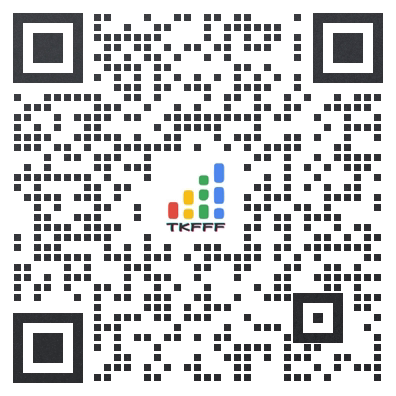
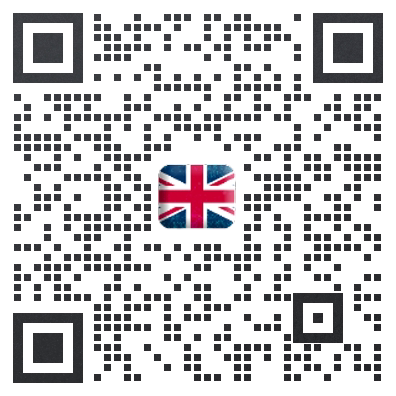
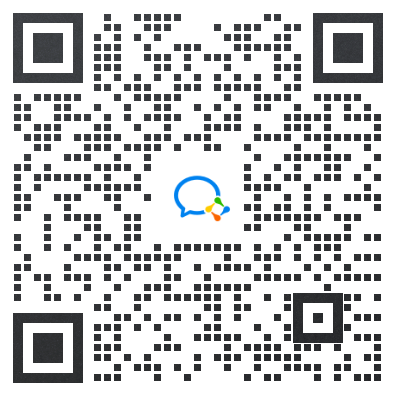
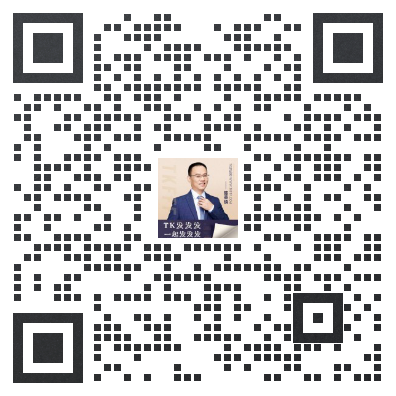
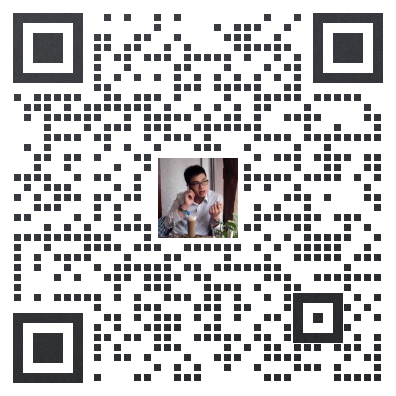
 闽公网安备35021102002035号
闽公网安备35021102002035号